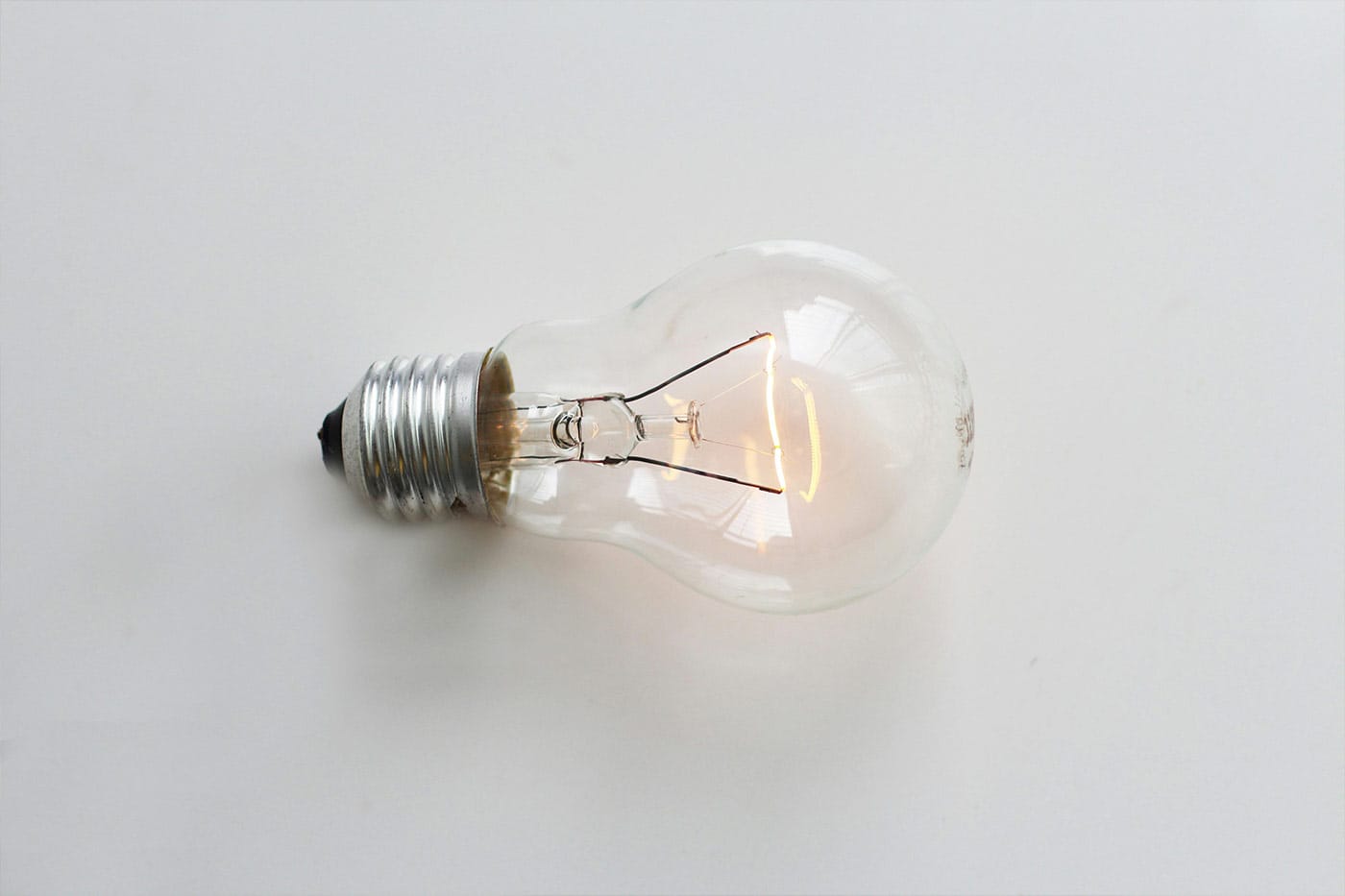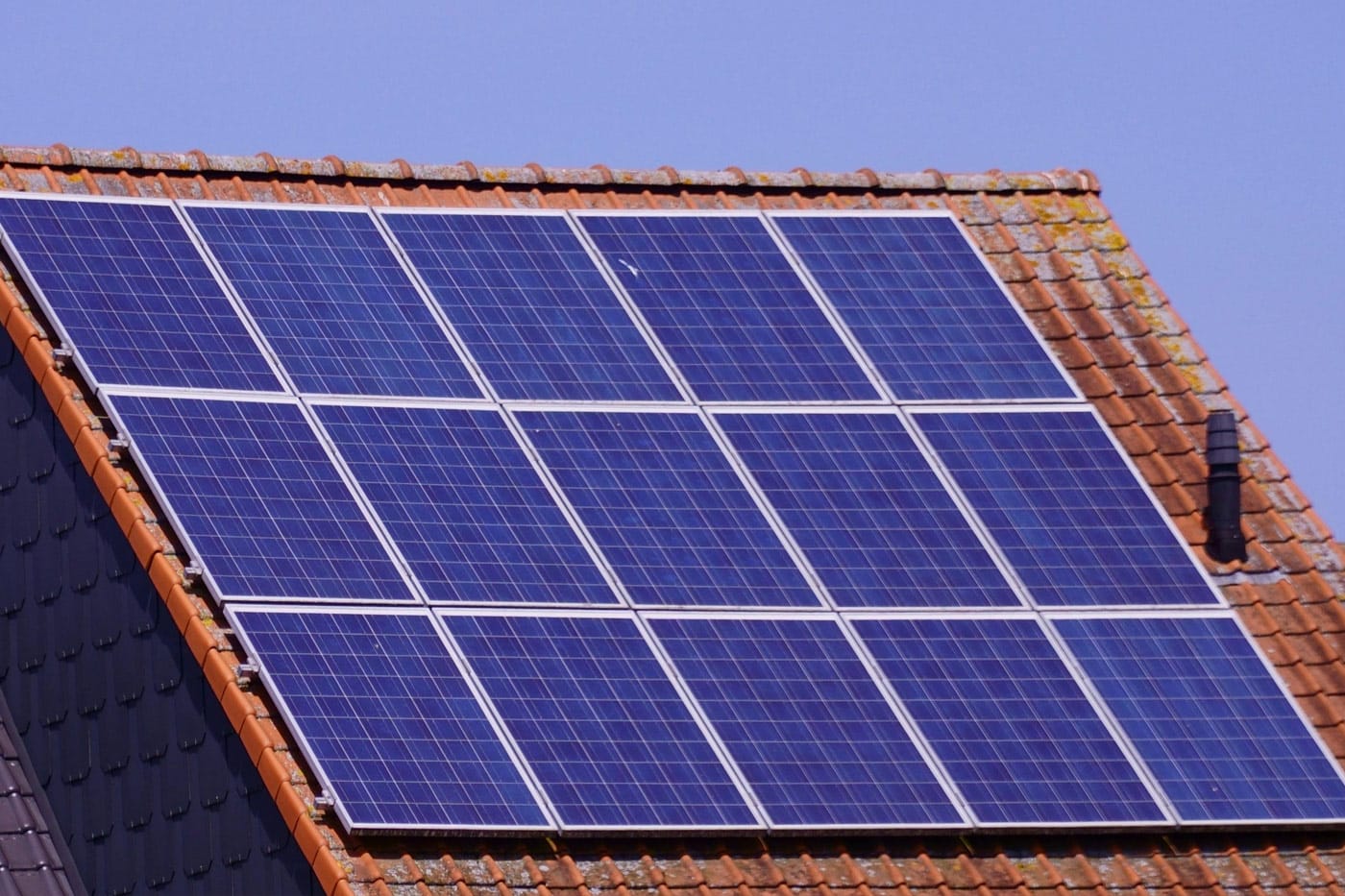Business Energy
From switching suppliers to understanding tariffs, we give you the tools to take control of your business energy. Clear information, no jargon, just practical tips to help you save money and stay efficient.

Understanding Business Energy Basics
Getting your head around business energy consumption is crucial if you want to keep costs in check. Business energy covers all the electricity and gas you’re using for your business, and how much you’re burning through varies massively depending on what kind of business you run and how big you are.
- What’s on your bill: Your business energy bill has two main parts, the unit rate (what you pay for each kilowatt-hour you use) and a standing charge (a fixed daily fee you pay regardless of whether you switch anything on). There are other costs too, like network charges, environmental fees, VAT, and possibly the Climate Change Levy.
- Measuring what you use: Modern monitoring systems with smart meters show you what you’re using in real time. They track patterns in your usage, helping you spot where you might save money and predict future costs.
- Who’s using what: Industrial businesses use more energy than service businesses in the UK, and produce more emissions. When you look at the big picture, just four sectors, industrial, offices, retail, and health, make up a majority of all business energy consumption.
- Size matters: As you would expect, large businesses (with 250+ employees) use a large amount of all non domestic energy use. Meanwhile, micro-businesses, who make up the majority of all businesses, use proportionally much less energy.
- Where your energy comes from: You’ve got choices between traditional sources (fossil fuels) and renewable options like solar and wind. This choice affects not just your environmental footprint but might influence how customers see you too.
- Usage patterns across sectors: Retail and office spaces rely heavily on electricity, while emergency services, community arts, and education tend to use more non electrical energy sources.
- Benefits of keeping tabs: Tracking your energy use helps you spot wastage, cut costs, and potentially reduce carbon emissions. This information helps you deliver an effective energy management strategy.
What’s The Real Difference Between Home and Business Energy?
The same gas and electricity flows through the pipes and wires, but business energy arrangements work quite differently from what you’re used to at home. Whilst businesses use more and pay different rates, that’s only part of the difference.
Contractual Stuff (The Boring But Important Bits)
- Business contracts tend to lock you in for longer than home energy deals.
- Sign a business energy contract and you’re committed with no cooling off period to change your mind, unlike the 14 days escape given to domestic customers
- Dual fuel discounts are not a feature with business energy, you’ll need separate contracts for gas and electricity
What You’ll Pay
- VAT applies to businesses at 20% in the energy costs.
- Your business energy bill comes with extra charges like the Climate Change Levy
- The actual unit rates can be cheaper for businesses (it’s effectively like bulk buying), but your overall bill will likely be higher in line with higher usage.
How It’s Bought and Sold
- Energy suppliers purchase business energy in bulk for your entire contract period, rather than the monthly purchasing used for homes.
- Each business energy deal is made to measure.
- Your rates will depend on a mix of factors: how big your business is, where you’re based, when you use energy, and your credit score
Less Protection, Less Wiggle Room
- Businesses aren’t protected by a price cap
- Business contracts early exit fees come with high penalties
- Suppliers can decline your business based on credit checks or their perceived risk of your business
The Switching Game
- You can only switch business suppliers during specific windows
- Suppliers want to speak with you directly before offering a quote
- Working from home? To qualify for a business energy deal, more than half your energy must be used for business purposes.
How to Compare and Switch Business Energy
Regular switching can save your company quite a bit of money. But timing is everything, and understanding the comparison process is equally important.
Here’s what you need to know about comparing and switching your business energy:
When’s the right time to switch?
- During your “switching window” which typically opens 1-6 months before your contract ends
- The moment your window opens if prices are on the rise, consider locking in a rate promptly
- Straight away if you’re on an expensive out of contract or deemed rates
What information will you need?
- Details about your current supplier and tariff
- When your contract ends and what notice period applies
- How much energy you’re using (in kWh or pounds)
- Your metre numbers (MPAN for electricity and MPRN for gas)
What should you compare?
- Fixed versus flexible rates, fixed rates might cost more initially but offer budget certainty
- Contract length, sometimes longer contracts come with better rates
- Standing charges, daily fees you pay regardless of usage
- How you’ll pay, direct debit payments often come with discounts
- All fees, and extra fees hiding in the small print, early termination charges, setup fees, etc.
How does the switch actually happen?
- Get your quotes from suppliers or use a comparison service
- Read through contract details carefully, remember, there’s no cooling off period
- Let your current supplier know or ask your new one to cover this for you
- Take metre readings just before your switch date
- Make sure you’ve paid any outstanding balances to your current supplier
What might stop your switch?
- Suppliers can block your switch if you owe over a specified amount of money
- Your current supplier might object if you didn’t give proper notice
Ways to Reduce Business Energy Costs
Switching suppliers isn’t the only way to cut your energy bills. In fact, with the right approach to your operations and infrastructure, you could reduce your business energy costs.
Here’s how you can start trimming those energy bills:
Make the most of what you’ve got
- Keep track and control of temperature. Set thresholds, including timed.
- Switch off equipment that’s not needed during and out of working hours.
- Place draught proofing around windows and doors to retain the heat
- Regular maintenance of your boilers and equipment isn’t just about avoiding breakdowns, it makes them run more efficiently too
- You can turn down your boiler flow temperature without making rooms any colder
Put your money where it matters
- LED bulbs cost a bit more upfront but use far less energy than halogen
- Smart thermostats give you much better control over when and where you’re heating
- Smart meters mean accurate bills and you can see exactly what you’re using
- Motion sensors in corridors and toilets mean lights are only on when needed
- Have a look at the Energy Technology List for products the government has already vetted for efficiency
Consider going green
- Renewable energy isn’t just good for the planet, sometimes it’s cheaper
- If your business uses high amounts of electricity, a Power Purchase Agreement might be worth looking into
- Generating your own renewable energy gives you more independence from external suppliers
- The government offers some decent tax breaks for investing in energy saving equipment
Change how people behave
- Appoint someone as your “green champion” to lead the charge on energy efficiency
- Take metre readings regularly to understand your normal usage patterns (done for you if you have a smart meter)
- Remote working doesn’t just help your team, it can significantly reduce energy use at your premises
- Get everyone on board through team meetings and internal updates
- Simple labels on switches and equipment can prevent unnecessary usage



